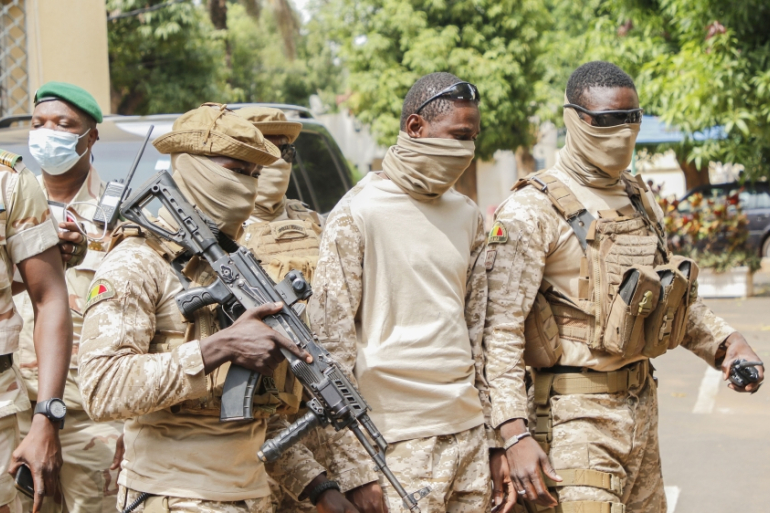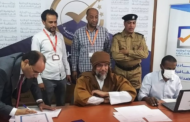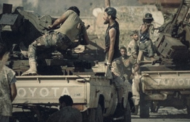Escalating civilian protests, military rebellion, economic struggles, chronic inter-ethnic violence, and violence by Islamist insurgents in Mali culminated in a coup d’état on August 18 and the detention of the former President, Ibrahim Boubacar Keita, the former Prime Minister, Boubou Cisse, and other civilian and military officials. The President subsequently resigned and announced the dissolution of the government and the National Assembly.
Days of national consultation led to the adoption of a transition charter and the appointment of former Defense Minister Bah N’daw as Mali’s new transitional President. Speaking before the Security Council on October 8, Secretary-General’s Special Representative and Head of the United Nations Multidimensional Integrated Stabilization Mission in Mali (MINUSMA), Mahamat Saleh Annadif, said that in the tumultuous weeks following Mali’s most recent coup d’état, robust regional leadership and a new transition plan have emerged as promising signs that the country can emerge from its hellish cycle of mistrust, violence, and repeated Government overthrows.
On October 9, the African Union lifted its suspension of Mali which went into effect after the military coup. The decision comes three days after the Economic Community of West African States (ECOWAS) announced it was ending its tough post-coup sanctions, saying it wished to back Mali’s return to civilian rule.
But there has been widespread concern that the upheaval in Mali will set back efforts to contain the country’s growing Islamic insurgency. For his part, President of the European Council Charles Michel said that events in Mali could have a “destabilizing effect on the entire region.” In a press conference he held following the coup he said, “We are extremely concerned by developments. We believe that the stability of the region and Mali, and the fight against terrorism should be an absolute priority.” Michel is not alone in voicing anxieties over the developing situation. The coup will likely have consequences for the stability of the whole Sahel region in West Africa. It also presents security concerns for the EU, the US and the Arab world, not least because it could create instability that Islamist extremists with an already strong foothold in the country will seek to exploit.
“The military coup in Mali comes on top of years of conflict and violence in the wider Sahel region that has trapped millions of people in crisis, ” says Klaus Spreyermann, head of delegation for the International Committee of the Red Cross (ICRC) in Mali. “Violence has tragically escalated during the COVID-19 pandemic, driving death, injury and displacement,” adds Spreyermann.
It is important to note that in 2012, Mali’s north fell under the control of jihadist groups linked to al-Qaeda who exploited an ethnic Tuareg-led rebel uprising, though the Islamists were largely ousted by a French-led military operation in January 2013. Since then, jihadists have continued to mount numerous attacks on civilians and the army, as well as on French and United Nations forces stationed there. Supported by France and UN peacekeepers, Mali is still struggling with its eight-year-old Islamist insurgency that has claimed thousands of lives.


























